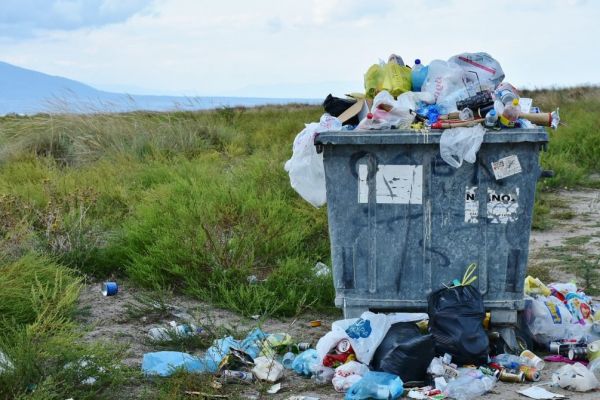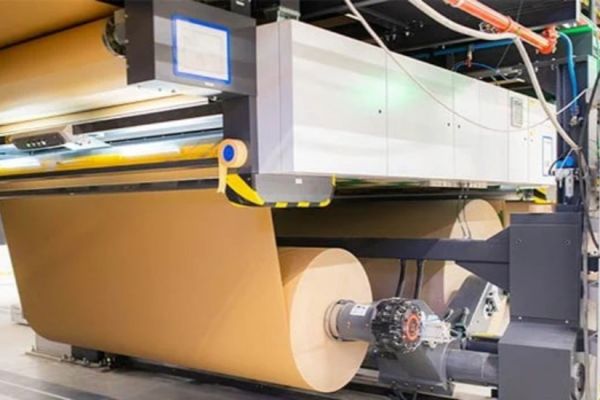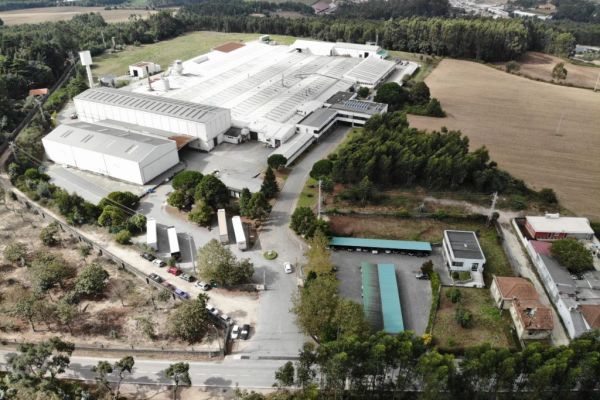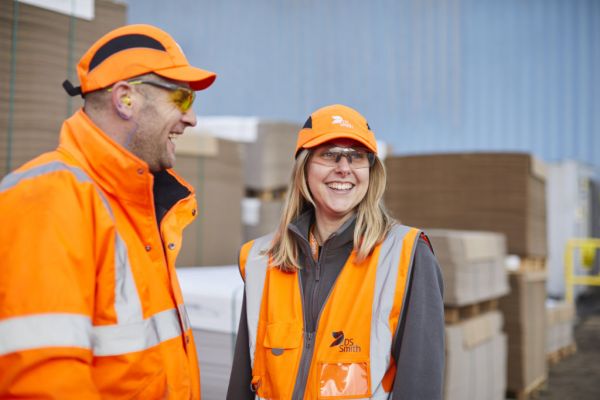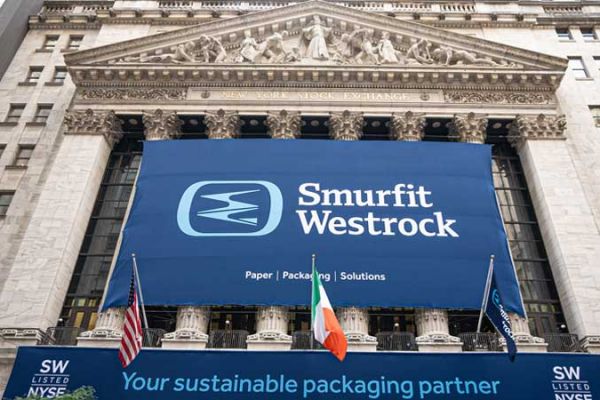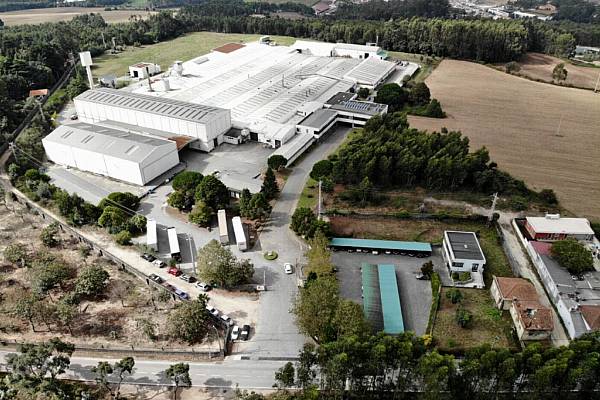The onus is on consumer goods brands to prove that they are taking actions in reducing packaging, particularly following the introduction of new EU rules on packaging waste, global assurance provider LRQA has said.
The amendments to the EU Packaging Directive include additional waste prevention and re-use obligations for EU countries, an increase in recycling targets on packaging waste, as well as the introduction of mandatory Extended Producer Responsibility (EPR) schemes.
This will lead to further scrutiny on the efforts brands are making to put in place better practices, LRQA has said, particularly given recent findings that many food signatories to the Ellen MacArthur Foundation and the United Nations Environment Programme actually increased their virgin plastic packaging use last year.
'More Important Than Ever'
“These changes mean it’s even more important that organisations can demonstrate how they have delivered on promises with independently verified data," commented Kimberly Coffin, supply chain assurance specialist at LRQA.
"Reputations are at stake, so it’s in businesses’ best interests to put verification at the top of their agenda. We’ve seen from last year that words are not enough, with negative headlines resulting in a damaging shift in consumer attitudes. It has therefore never been more crucial that claims are backed up with data and appropriate solutions are identified to plug the gaps.”
Some firms have cited a lack of appropriate infrastructure as the main barriers to achieving their plastic reduction targets, along with knowledge, resources, complexity and cost, LRQA noted.
'Understanding The Risk Impact'
“In the current economic climate, facing these barriers to meet plastic reduction relies heavily on identification of alternative materials and/or suppliers,” Coffin added. “Regardless of the action taken, it’s crucial to understand the risk impact of change, and this relies heavily on sound supply chain awareness.
"Through third party audits and assessment, businesses can identify and address gaps in process and policy, to prove to consumers and investors that products and services are environmentally and ethically sound.”
She added that there now appears to be a gap between what brands are committing to and what is being achieved, indicating that self-verification isn't going far enough in terms of tackling waste reduction.
© 2023 European Supermarket Magazine – your source for the latest packaging news. Article by Stephen Wynne-Jones. Click subscribe to sign up to ESM: European Supermarket Magazine.
